Only 8 percent of Korean adults would choose to continue life-sustaining treatment if diagnosed with terminal cancer, according to a recent study.
The rest said they would prefer to discontinue life-prolonging measures or opt for euthanasia or physician-assisted suicide.
The findings were published in the latest issue of the Journal of Korean Medical Science by a research team led by Kim Su-jung and Shin Myung-seop of Saint Luke Hospital, along with Heo Dae-seog, a professor emeritus at Seoul National University. The study was based on a survey of 1,000 adults and conducted nationwide in June 2024.
Asked what they would do if they were terminal cancer patients, 41.3 percent of respondents said they would make an “end-of-life decision” — defined as refusing or discontinuing medical treatments that merely prolong life without offering a cure. The aim, they said, would be to die naturally, neither hastening nor artificially extending life.
Some 35.5 percent of respondents said they would choose euthanasia, while 15.4 percent selected physician-assisted suicide. The two are similar in that a doctor prescribes a lethal drug at the patient’s request, but they differ in administration: With euthanasia, the doctor delivers the drug; in a physician-assisted suicide, the patient self-administers the medication.
Only 7.8 percent said they would opt to continue life-sustaining treatment.
“The majority of Koreans do not want to shorten life artificially but prefer to avoid unnecessary suffering caused by meaningless life-prolonging treatment,” the researchers wrote.
The study also found widespread confusion over terminology such as end-of-life decisions, euthanasia and physician-assisted suicide. The term “death with dignity” was singled out for creating particular confusion as it is not a clinically or legally defined term and may blur important legal and ethical distinctions, the authors warned.
“While ‘death with dignity’ may sound comforting, it can dangerously conflate euthanasia and end-of-life decisions,” said Lee Myung-ah, the president of the Korean Society for Hospice and Palliative Care. “We plan to increase education and public awareness on the importance of using clear, standardized terminology.”
This article was originally written in Korean and translated by a bilingual reporter with the help of generative AI tools. It was then edited by a native English-speaking editor. All AI-assisted translations are reviewed and refined by our newsroom.
![Advance directives for life-sustaining treatment [NATIONAL AGENCY FOR MANAGEMENT OF LIFE-SUSTAINING TREATMENT]](https://imgnews.pstatic.net/image/640/2025/10/17/0000078363_001_20251017080217912.jpg?type=w860)



















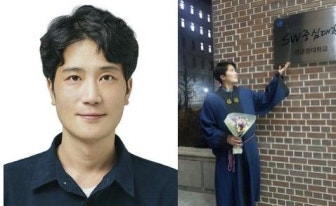
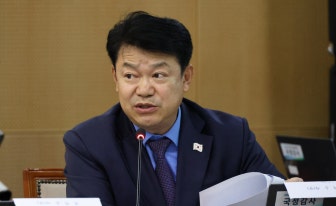


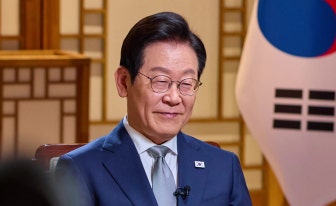

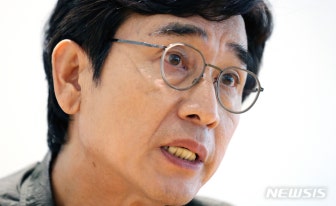
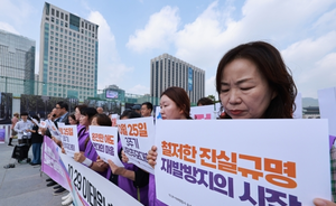
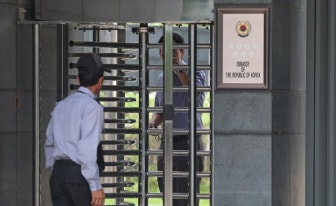
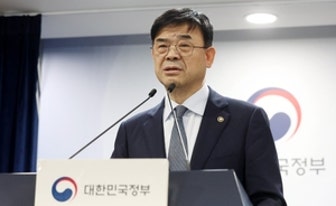


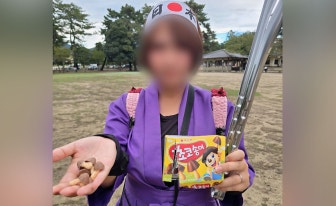

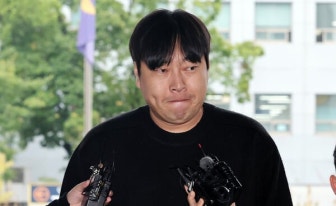



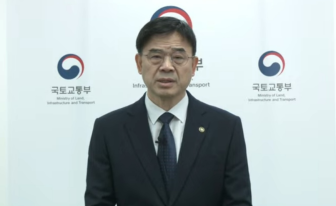



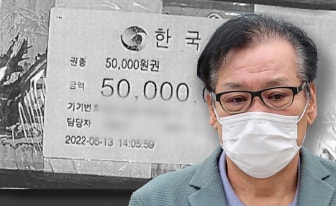


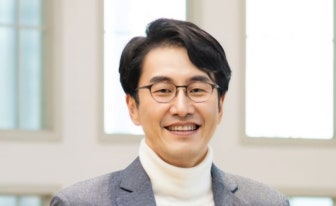


.jpg?type=nf190_130)




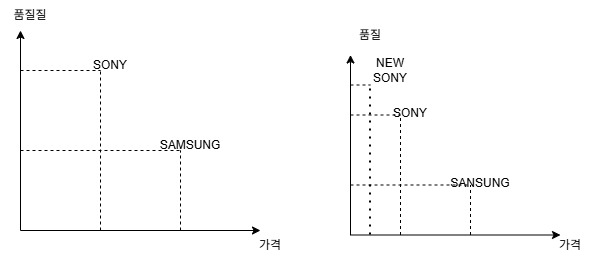.jpg?type=nf190_130)

